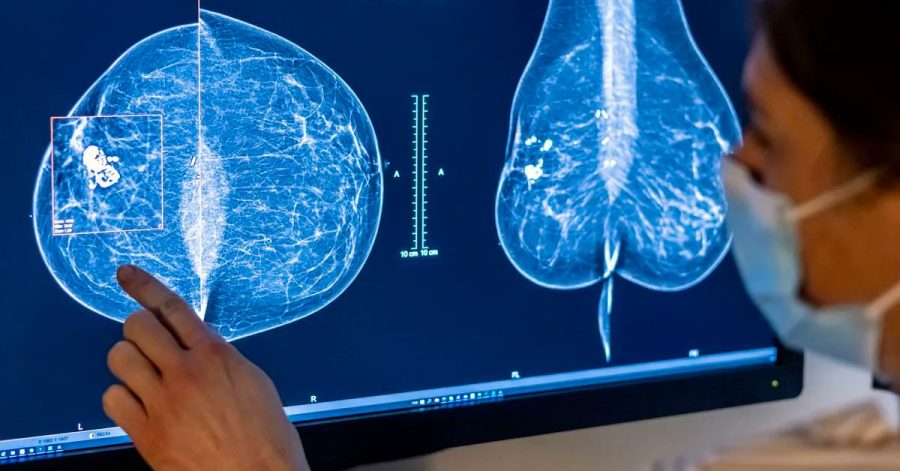AI Tech is a Benefit to, Not a Betrayal of, to the Medical Field
Due to recent technological developments, the debate around A.I. software has grown and many have wondered about its place in the medical field. These advancements in A.I. are leading to breakthroughs that doctors and radiologists have missed before. This is most adeptly seen in A.I. software regarding the reading of mammograms, something which is relatively new. Though the inclusion of A.I. software in the medical field has already reaped many benefits, some worry about the possible future implications, particularly about how A.I. tools could replace human radiologists and reduce job availability in the workforce.
Despite this, the perks of A.I. software should be taken into consideration. A.I. software from Kheiron Medical Technologies has helped radiologists by reducing the number of X-rays they needed to read by “at least 30 percent” and from data reported by a Hungarian clinic, this technology “increased the cancer detection rate by 13 percent” by detecting more malignancies. When testing the technology by challenging it with more complex cases as Dr. Tabár did in 2021, the A.I. software detected the signs of developing cancer in every single case.
On Nov. 28, Google launched their new A.I. algorithm iCAD to be a part of commercial mammograms. In the United States, approximately 33 million mammogram screenings are performed every year, but “about 20 percent of breast cancers” are missed and false positives are common. When the new A.I. algorithm was tested in the U.S. on known cases, the technology “produced a 9.4 percent reduction in false negatives” and “provided a lowering of 5.7 percent in false positives.” Additionally, other than being of use by reading mammograms, A.I. software has also been found to be of use to “detect lung cancers on CT scans, diagnose eye disease in people with diabetes and find cancer on microscope slides.”
Although the benefits of A.I. software in the medical field are apparent, there are still other factors that should be taken into consideration regarding the advancement of this technology. These factors involve inputting a variety of cases from many racial backgrounds as well as identifying differences specific to racial or ethnic groups such as in the case of African American women who “are at higher risk of developing more aggressive types of breast cancer and are more likely to die of the disease than other women.” In addition, A.I. software isn’t completely perfect and in some cases can miss malignancies that are found by radiologists.
While many are worried about A.I. tools replacing radiologists, I think that this outcome is more unlikely than people think. A.I. tools have shown great benefits in the medical field through reducing workloads or detecting signs of diseases in cases which doctors may miss due to human error. Regardless of this, patient care is still a largely human endeavor and while many people may be comforted by the idea of A.I. software checking their cases, they would still want doctors to also review their progress and double-check. Many tasks can be delegated to A.I. tools, but the greatest advantages to patient care would be achieved by doctors working with A.I. to detect more signs of disease and helping patients take the next steps to recover. As discussed before, A.I. technology is still imperfect and there have been cases where doctors detected malignancies where A.I. software hasn’t and vice versa.
In today’s world where technology is starting to outpace human ability, it is natural to be worried about job availability, but in regards to the medical field, the human aspect in helping patients shouldn’t be underestimated. Physicians and their care and treatment for patients isn’t something that can be replaced by A.I.; instead A.I. software should be viewed as a tool to make patient care more beneficial and efficient. Human error is something that can’t be helped most of the time, but A.I. technology can help reduce the impact of this and create more advantages for both doctors and patients. In the end, the use of these newly developed A.I. technologies will not only benefit patients by helping detect more infinitesimal signs of disease but also aid physicians who can use them as tools to double check cases and reduce their workload so they are more able to focus on patient care and treatment plans for disease recovery.
Saisha Islam, FCRH ’25, is a biology major from New York, N.Y.

Saisha Islam is a senior from the Bronx, N.Y., who is majoring in biological sciences and minoring in English. She first joined The Fordham Ram as a contributing...













































































































































































































